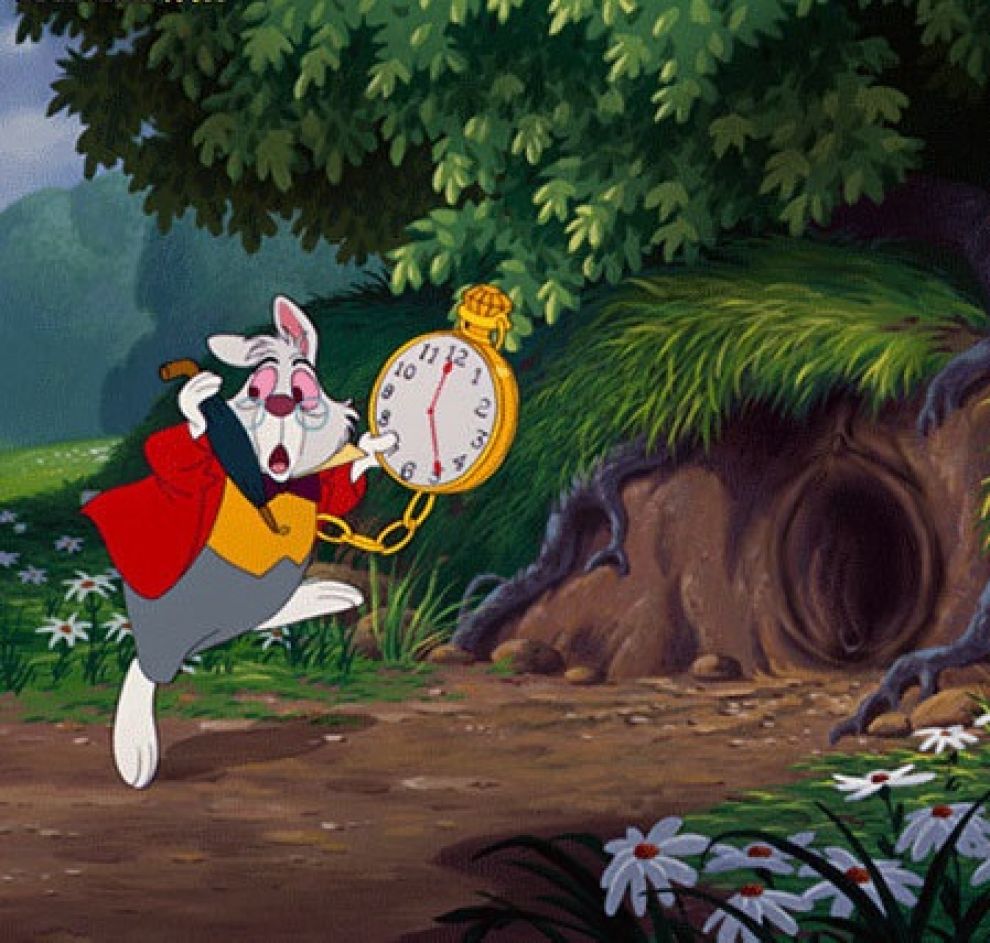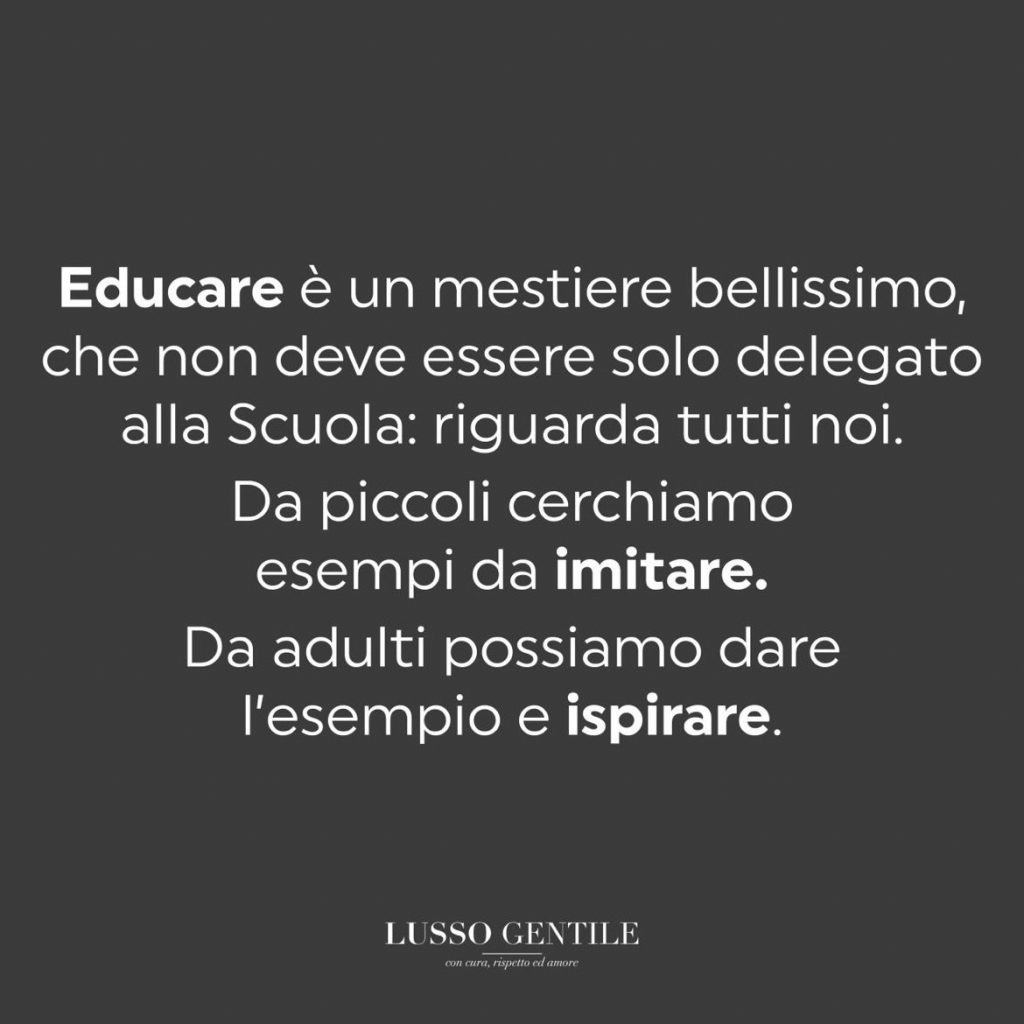“Senti la neve contro i vetri della finestra, micino? Ha un suono così bello e delicato! Proprio come se qualcuno di fuori coprisse di baci tutta la finestra! Forse la neve ama gli alberi e i campi, se li bacia con tanta gentilezza!”
Sto leggendo “Alice nel Paese delle Meraviglie”. Ho consapevolmente interrotto le mie solite letture di saggi e scritti molto “accademici” per darmi l’occasione di tornare bambina e ripensare alle cose. Sono passata da “Il secolo della solitudine. L’importanza della comunità nell’economia e nella vita di tutti i giorni” al Bianconiglio…e sono tornata a sorridere. Non è poco. Perché se sorridi sei più gentile..e hai voglia di aprirti al mondo.

Oggi, aprirsi al mondo fa molta paura.
In una pluri-studiata società liquida, dominata dalla complessità, l’essere umano si sente perso e molto solo. Il che potrebbe essere un bene, se la reazione fosse quella di cercare aiuto nell’altro, se il risultato finale fosse quello della condivisione del momento. E invece la reazione è opposta: chiusura, distanza, diffidenza. E omologazione. Perché far sentire la propria voce, diversa, è difficile. Perché distinguersi oggi, a parte tanti bei discorsi “politically correct” sulla diversità e l’inclusione, è un cammino complicato da percorrere. E pensare che distinguersi è meraviglioso, proprio come il mondo di Alice. Sarebbe bello esistessero delle Scuole per la Distinzione, in cui educare a essere non ordinari: portar fuori ( educere ) la stra-ordinarietà. Scuole in cui, come ai miei tempi, il voto più bello è “distinto”: colui che si distingue per particolari qualità, che, nel portamento e nel comportamento, dimostra doti di nobiltà, signorilità, gentilezza. Scuole in cui si insegna la disciplina e l’importanza dell’autorevolezza, due valori inestimabili e oggi considerati fuori moda. La Disciplina è fondamentale per la crescita: nulla si ottiene senza impegno e preparazione, ciò che non costa ( fatica ), non ha valore. Se conosci la Disciplina, impari il rispetto, per te e per gli altri. E comprendi l’importanza dell’Autorevolezza, ne riconosci l’esempio a cui tendere, che diventa fonte di ispirazione.

La Scuola per la Distinzione
A Scuola per la Distinzione si dovrebbe andare da bambini, già dalle elementari: è lì che i bambini perdono la capacità di meravigliarsi, e seguono gli adulti nella loro corsa a chi ha più successo, a chi è più bravo, a chi è più forte. E’ la corsa verso un mondo in cui essere fragili non è permesso, in cui la gentilezza diventa sinonimo di debolezza e fragilità.E così si diventa adolescenti disorientati: si percepiscono interiormente paura e fragilità, ma si è schiacciati dalla cornice sociale che esteriormente ti impone un’immagine di te sfalsata, perché falsamente perfetta.
Una vita dedicata alla formazione
Mi occupo di formazione da oltre tredici anni. Incontro studenti provenienti da tutte le parti del mondo, alla ricerca di un percorso che possa poi farli entrare nel mondo del lavoro per diventare i leaders di domani. Il primo incontro con loro è sempre incredibile e sorprendente: arriva prima la loro immagine perfetta, di giovani belli e alla moda, che ti osservano con sguardo a volte interessato, a volte di sfida. In classe attendono di ascoltare passivamente un po’ di teoria. Poi scoprono che la lezione non e’ come pensata, non è frontale: è interattiva, si richiede partecipazione. E lì’ tutto cambia. Gli sguardi si ritraggono, le posture indicano il “non disturbare”. E’ quello il momento in cui chiedo: “ chi di voi si sente un leader? “. Ed è quello il momento in cui esce la paura e la fragilità. Il non sentirsi all’altezza. Perché se nessuno ti ha insegnato che lo sei già, un leader, semplicemente perché guidi te stesso ogni giorno, allora è chiaro il perché non vuoi distinguerti, non vuoi fare la differenza: hai paura di fallire. E siccome ti hanno protetto fin da piccolo, evitando i NO e le cadute, non sei preparato al fallimento: preferisci chiuderti nel silenzio, non dar voce alla tua unicità.

Si parla tanto di valorizzazione del Talento. Peccato sia il talento di cui il mercato ha bisogno, con “quelle” caratteristiche, le famose soft skills che devi avere per essere competitivo nel mondo del lavoro.
Nessuno parla di Entusiasmo, di Passione: valori che la tecnologia ha oscurato, creando mondi paralleli virtuali in cui ogni slancio emotivo è appiattito, ogni unicità, ogni imperfezione bandita. Eppure, solo con la passione, la creatività e la preparazione si crea valore. Solo la Passione ti fa immaginare, ti fa sognare. Valorizzare il Talento vuol dire dare spazio ai sogni. Insegnare ai ragazzi che nessun sogno è troppo grande per essere realizzato. Non far perdere loro quel fantastico potere che hanno i bambini: quello di non avere limiti d’immaginazione. Solo così si diventa adulti felici, con dei progetti da realizzare. Educare è un mestiere bellissimo, che non deve essere solo delegato alla Scuola: riguarda tutti noi. Da piccoli cerchiamo esempi da imitare; da adulti possiamo dare l’esempio e ispirare. La complessità del mondo di oggi può essere una grande opportunità: siamo tutti alla ricerca di Benessere. E quel benessere e’ diverso per ognuno di noi, segue la nostra unicità. Ci sono pero’ dei tratti comuni: cerchiamo rispetto, ascolto, gentilezza. E allora…
Educhiamo. Gentilmente.



